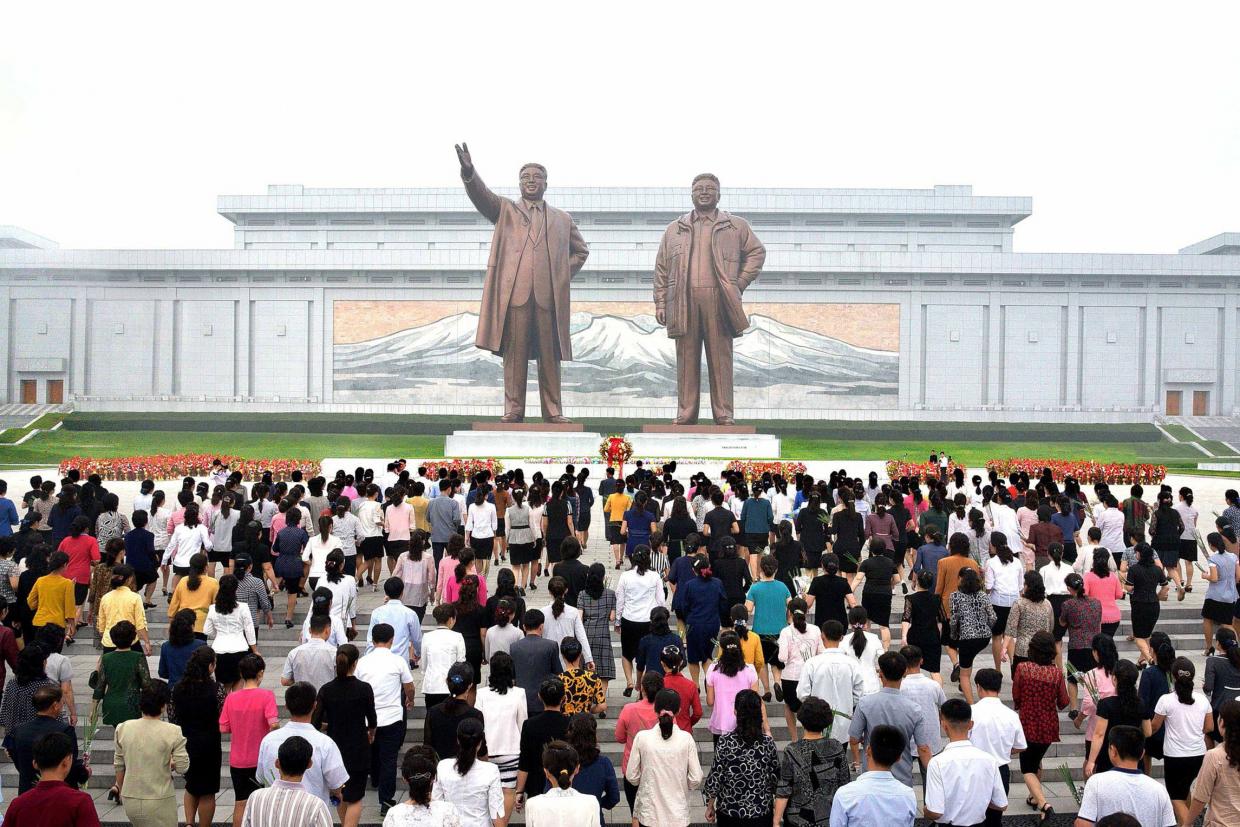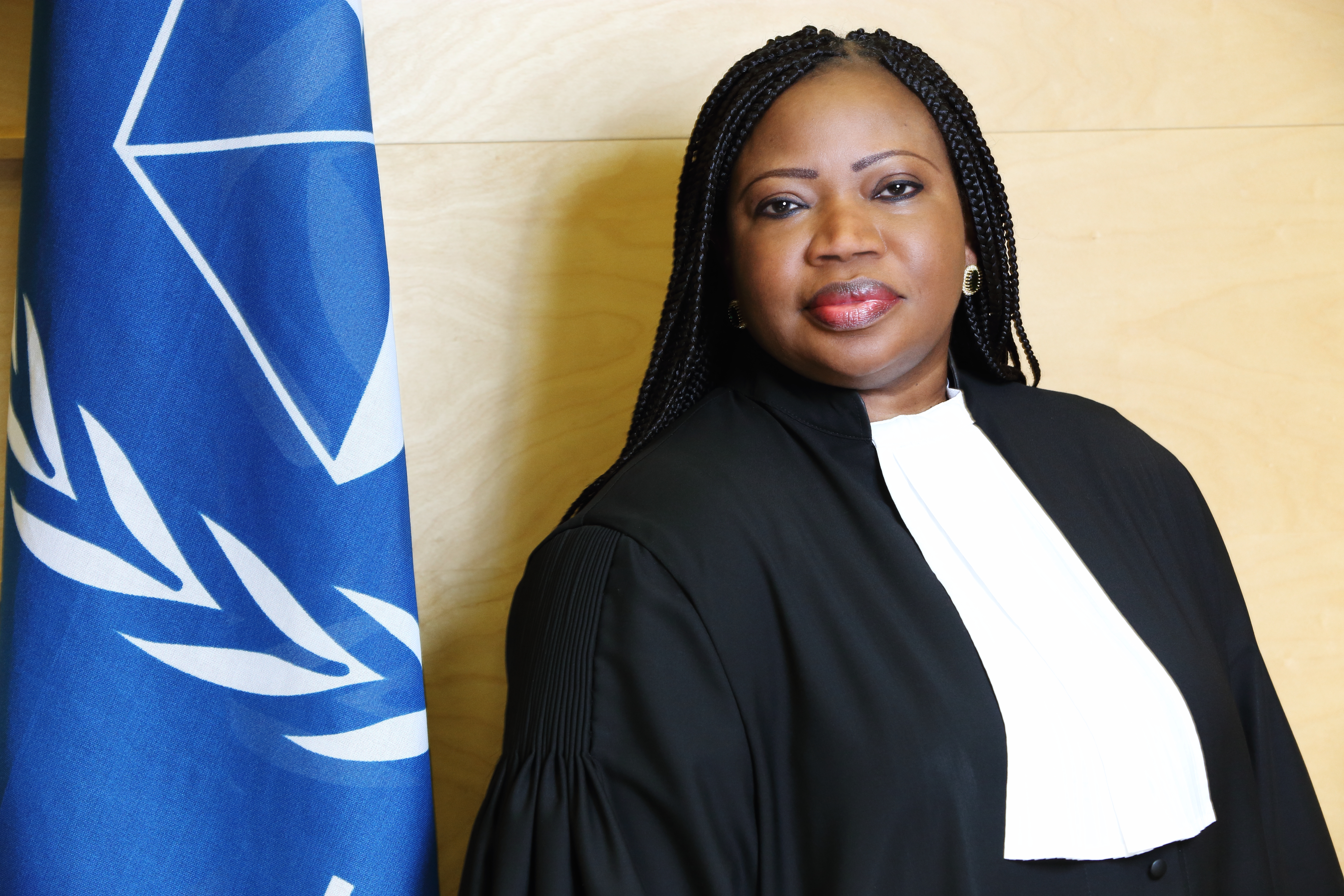By: Emily Green
Impunity Watch Reporter, South America
CARACAS, Venezuela – The Venezuelan Supreme Court justices have accused President Nicolas Maduro’s government officials of committing crimes against humanity. They filed the complaint with the International Criminal Court while exiled from the country.
The complaint was sent to The Hague by Supreme Court justices who were appointed by the opposition. It accuses Maduro and nearly 60 other officials of a systematic persecution of dissent. Any citizen who speaks out against the regime is immediately labeled an enemy of the state. This strict system of social controls and subjugation, the complaint argues, creates a society where “people who are ideologically opposed to it are dominated, moved or destroyed, all with the goal of making it … irreversible.”
The complaint was initially filed by Hebert Garcia Plaza, the former Maduro cabinet minister in charge of food supplies, along with the Supreme Court of Justice. The justices were appointed by the opposition-controlled legislature earlier this year. Now that the National Assembly has been pushed out and replaced with the pro-government constituent assembly, the justices have been exiled under threat of arrest.
The Appeals Branch of the Venezuelan Supreme Court of Justice made the decision to file the complaint. A representative referenced crime involving murder, imprisonment in violation of fundamental international laws, and the persecution of a group because of political motives. Only those who were loyal to the government had access to food and medicines, so citizens were put in difficult situations. The court added that around 20 million citizens might have to abandon their country because of threats to their health. The risk of dying is high due to poor nutrition, a lack of medicine, and government forces’ deadly actions toward dissidents. They included evidence that Venezuela’s suffering is a direct result of government policies.
This announcement comes just one week after former Venezuelan Attorney General Luisa Ortega, also in exile, asked the International Criminal Court to capture and bring President Maduro to trial. Ortega claims that government officials are responsible for 8,290 deaths carried out by security forces from 2015 to 2017. She sent more than 1,000 pieces of “evidence” to the ICC and proof of repression during anti-government protests. She explained that the killings occurred “under the orders of the executive branch, as part of a social cleansing plan carried out by the government.”
The ICC has authority to investigate and try individuals accused of crimes against humanity when a nation state is deemed unable to carry out the process itself, but the ICC has yet to officially respond to Ortega’s accusations.
The complaint accuses prominent officials such as Interior Minister Nestor Reverol, Defense Minister Vladimir Padrino López, former national guard chief Antonio Benavides Torres, Vice President Tareck El Aissami and former National Assembly President Diosdado Cabello.
For more information, please see:
Reuters – Venezuela’s ex-prosecutor wants Maduro tried at The Hague – 16 November 2017
Independent – Venezuela’s president accused of crimes against humanity – 16 November 2017



